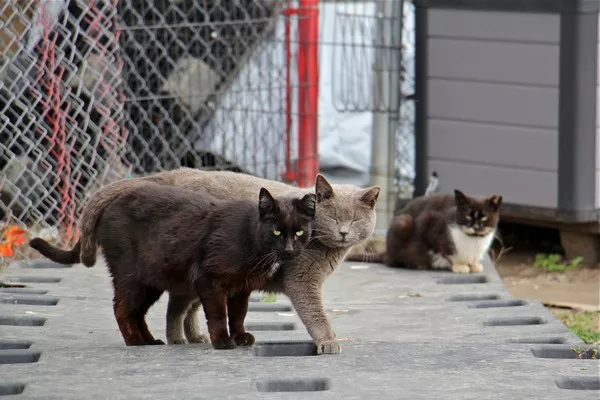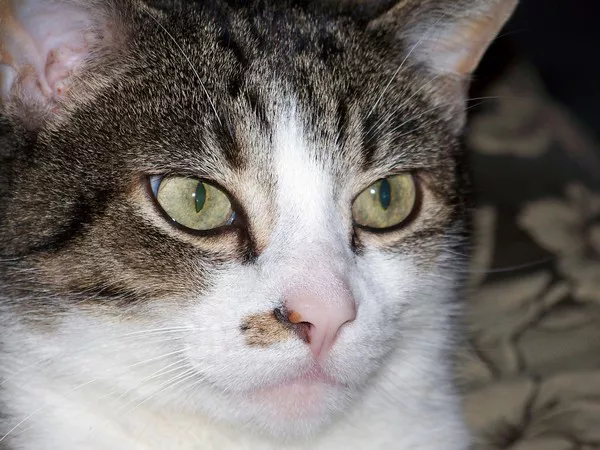Senator Cynthia Villar, head of the Senate agriculture committee, emphasized the need to regulate the population of dogs and cats, especially in impoverished areas, citing health concerns during discussions on various animal welfare bills on Wednesday.
Highlighting the issue, Villar pointed out the prolific breeding habits of these animals in impoverished communities. She noted that a single cat could give birth to up to 12 kittens annually, while a dog could have around four puppies.
“This poses a challenge for poor families who struggle to provide for these animals,” Villar stated, expressing concerns about the increasing number of stray dogs and cats in these areas. She stressed that the proliferation of strays heightens the risk of diseases such as rabies, leptospirosis, and parasites.
To address the issue, Villar urged local governments to conduct more spaying and neutering campaigns to control the population of strays. She also acknowledged the efforts of volunteers who feed strays and organize catch, neuter, and release programs to manage the animal population.
Villar underscored the dire situation faced by stray animals, pointing out that many are left to fend for themselves, leading to hunger, disease, and accidents. Despite efforts by local governments to rescue and shelter strays, Villar noted that limited resources often result in the euthanization of countless dogs and cats every month.
Senator Grace Poe echoed Villar’s concerns, emphasizing the adverse effects of an excessive stray animal population on public health.
Moreover, Villar addressed the issue of animal cruelty, citing recent incidents such as the killing of a golden retriever named Killua and the stabbing of an Aspin named Erika. Villar emphasized the need to strengthen the enforcement of the Animal Welfare Act, highlighting proposed changes to the Bureau of Animal Industry to enhance its regulatory capabilities.
Proposed amendments include reorganizing the agency to focus on animal regulation and inspection, with dedicated units for animal facilities regulation, information advocacy services, and animal welfare policy.
In conclusion, Villar and Poe emphasized the importance of addressing population control and animal welfare issues to ensure the well-being of both animals and communities.



























